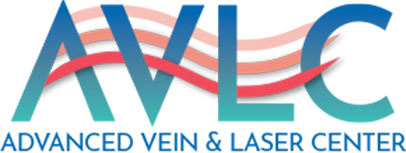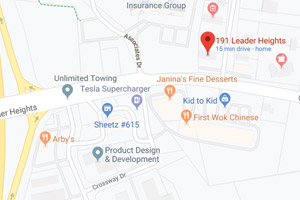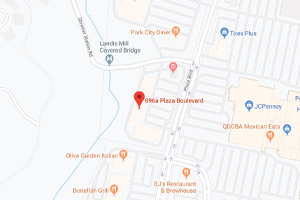Venous Insufficiency Specialists
Vein Specialists & Vascular Surgeons
Venous Insufficiency Specialists
Vein Specialists & Vascular Surgeons
AVLC Venous Insufficiency Treatments
AVLC Venous Insufficiency Treatments
If you have pain or numbness in your legs or varicose veins, you may have venous insufficiency. At Advanced Vein & Laser Center, with locations in York and Lancaster, Pennsylvania, Steven Heird, MD, FACS, and David Winand, MD, FACS, provide expert diagnosis and treatments for venous insufficiency. Call or schedule an appointment online today for the expert medical help you need to restore your vascular health.
If you have pain or numbness in your legs or varicose veins, you may have venous insufficiency. At Advanced Vein & Laser Center, with locations in York and Lancaster, Pennsylvania, Steven Heird, MD, FACS, and David Winand, MD, FACS, provide expert diagnosis and treatments for venous insufficiency. Call or schedule an appointment online today for the expert medical help you need to restore your vascular health.
Venous Insufficiency Q & A
Venous Insufficiency Q & A
What is venous insufficiency?
You have two types of blood vessels. Arteries carry oxygenated blood from your heart throughout your body, and veins get your oxygen-depleted blood back to your heart. The veins in your legs have to work extra hard because the blood flow is going upward against gravity. Your leg veins have small valves that beat in time with your heart to support efficient circulation.
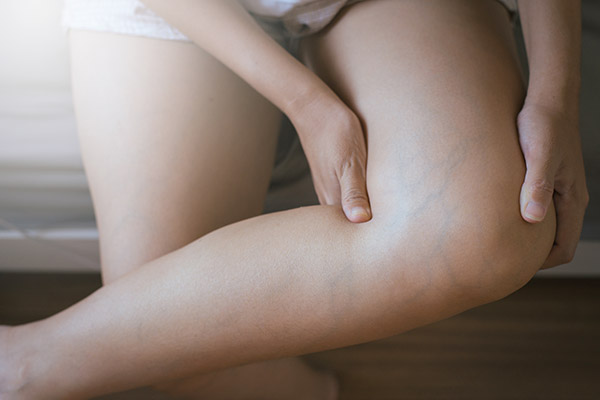
Venous insufficiency is a condition where those small valves don’t work correctly, and some of your blood leaks backward and eventually pools in your veins. In addition to causing varicose veins, venous insufficiency also causes symptoms like leg cramping, numbness, fatigue, and skin changes.
What causes venous insufficiency?
A variety of factors contribute to venous insufficiency. For example, spending a lot of time standing in one place or sitting increases the pressure in your veins, eventually weakening them.
Other factors that increase your risk of venous insufficiency include:
- Having a family history of venous insufficiency
- Having a history of blood clots
- Being overweight or obese
- Being a woman
- Getting older
- Smoking
Additionally, if you have deep vein thrombosis, a condition where you develop blood clots in the veins located deep in your legs, your chances of venous insufficiency increase.
How is venous insufficiency treated?
At AVLC, Dr. Heird and Dr. Winand begin your treatment with a physical exam and diagnostic tests like ultrasounds to monitor your blood flow. Once your doctor understands the extent of your venous insufficiency, he begins treatment. If your condition is in its early stages, your doctor may recommend lifestyle changes to improve your vascular health. For example, he may suggest that you wear compression stockings or add 30 minutes of moderate exercise like a brisk walk to your daily activities. However, if your condition is more advanced, your doctor may suggest medication or nonsurgical treatments like sclerotherapy or endovenous ablation to close the damaged vein. In more severe cases, you may need surgical vein removal.How can I prevent venous insufficiency?
You can improve and protect your vascular health by maintaining a healthy weight and getting regular exercise. It also helps to add regular movement to your day. For example, if you work at a desk, get up for five minutes once an hour to walk around. If you have a job that requires you to be on your feet all day, wear compression stockings and take time to sit down and elevate your legs. If you’re concerned about venous insufficiency, call Advanced Vein & Laser Center or schedule a consultation online for expert diagnosis and treatment.
Schedule your consultation today
Schedule your consultation today
Choose your preferred office location:
What our patients are saying
What our patients are saying
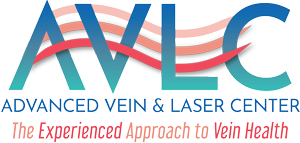
Useful Links
Towards Healthy Life
About us
treatments offered
Patient Resources
Contact Us
Request a consultation
Career Opportunities
